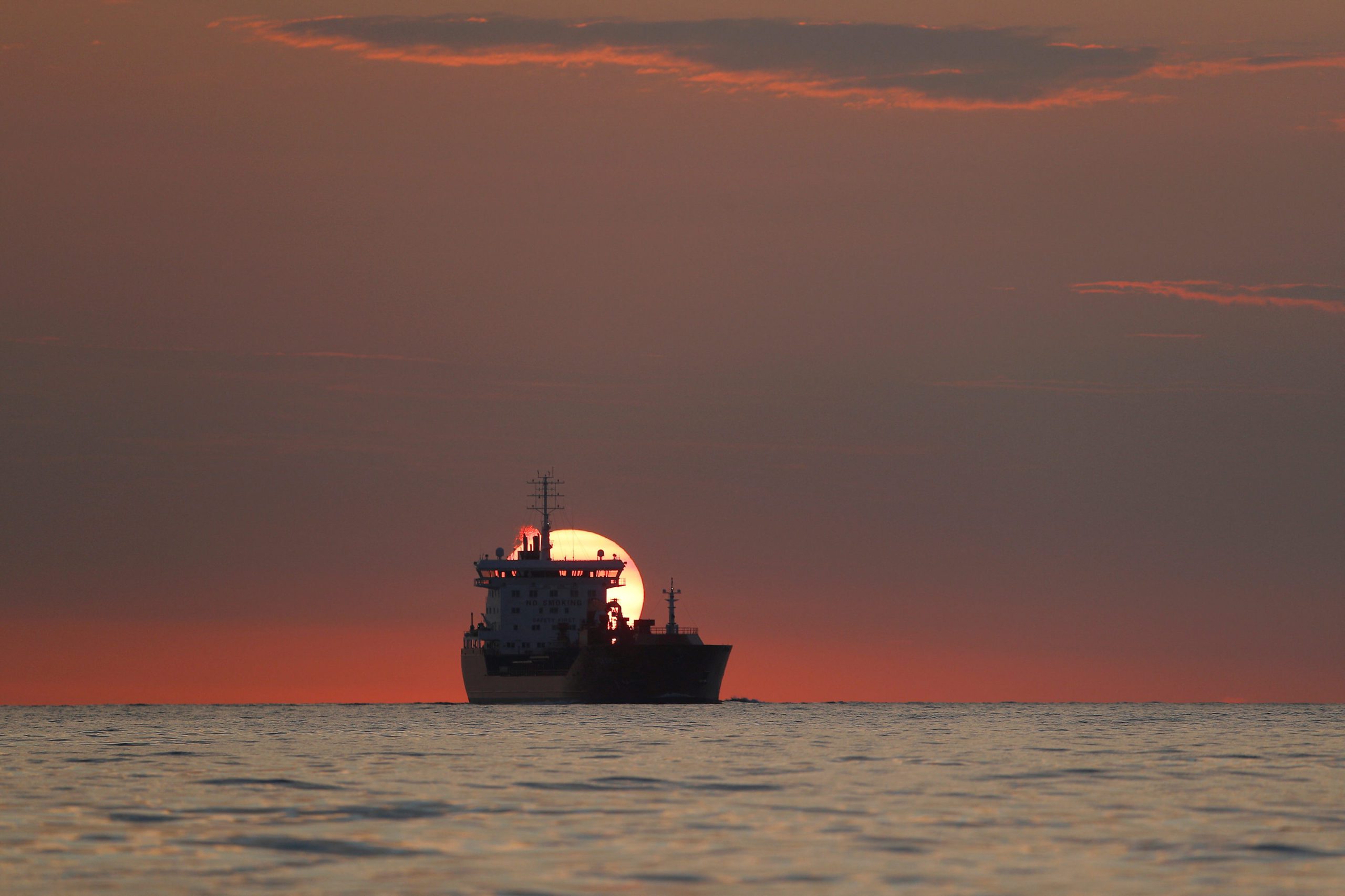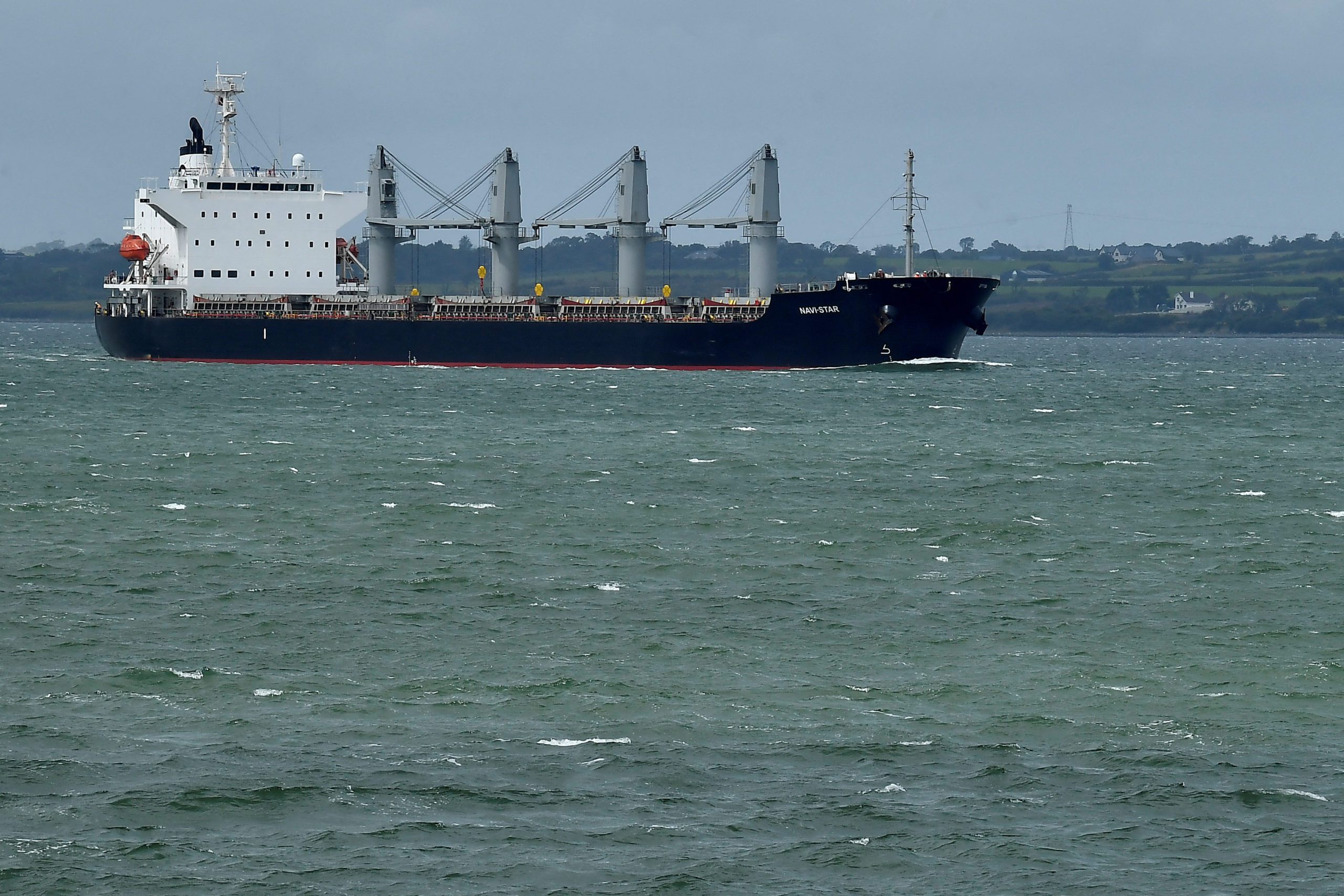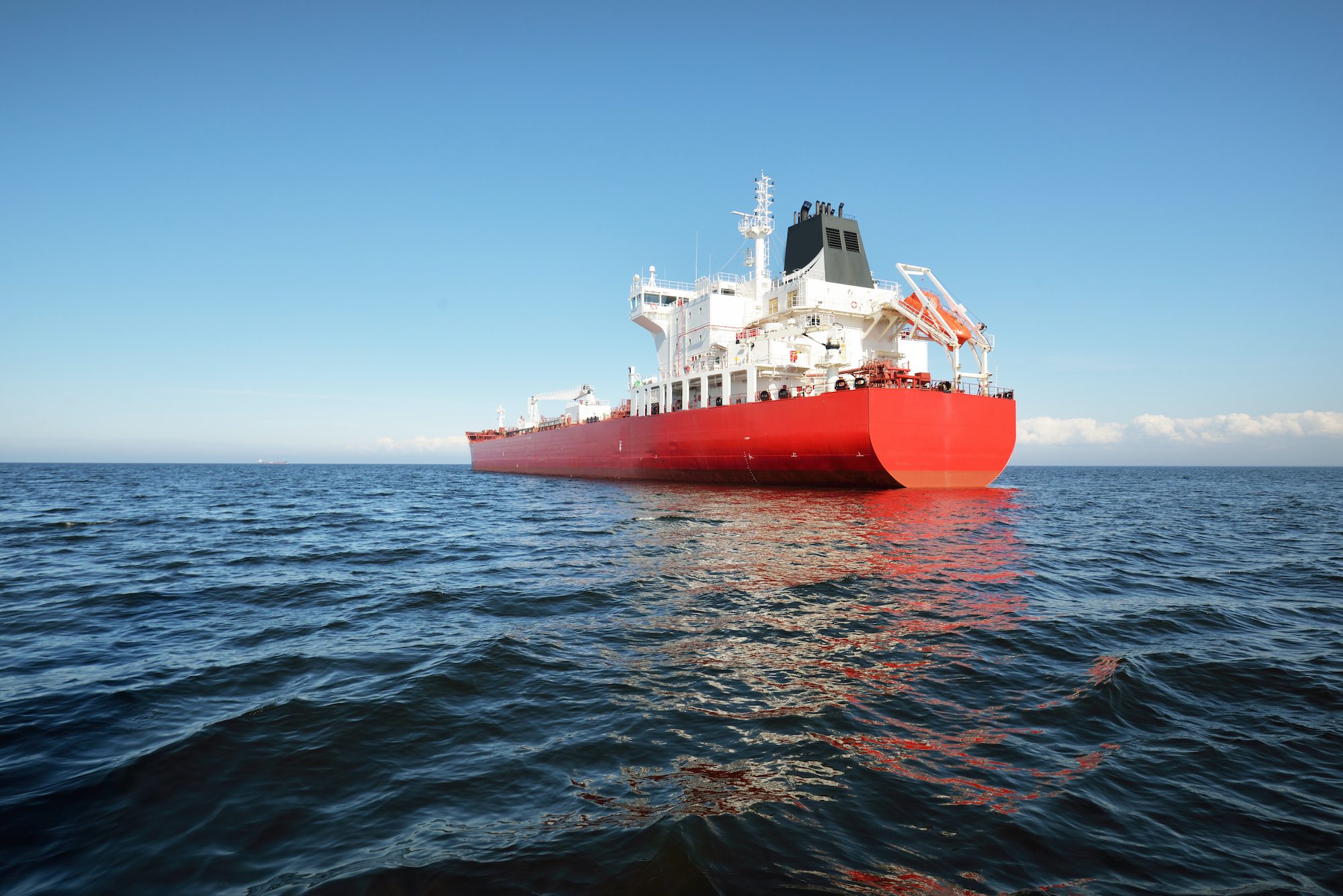By Barry Parker (gCaptain) –
The International Maritime Organization’s (IMO) upcoming environmental meeting, MEPC 80, is now three months away. It was described in a panel session last week at the Capital Link conference in New York as being “one of the most important ever” (in the words of Citi’s top shipping and logistics banker, Michael Parker, who chairs the Steering Committee of the Poseidon Principles).
If all delegations can agree, the IMO will revise its Initial Strategy (from 2018) and presumably set tougher targets for reducing maritime emissions. This, in turn, will inform trajectories for lower emissions built into Poseidon Principles’ signatories’ pricing on maritime debt. Similarly, at MEPC 80, the much-discussed Carbon Intensity Indicators (CII), which have recently gone into effect, will see their trajectories established for years beyond 2026.
Much of the preparatory work, including technical discussions, is done at “Intersessional Working Groups,” which occur between MEPC meetings. According to the IMO, the Intersessional Working Group on Reduction of GHG Emissions from Ships (ISWG-GHG 14) met from March 20 to 24, with more than 750 registered participants from nearly 80 IMO Member States, as well as international non-governmental organizations in consultative status with the IMO and intergovernmental organizations. Another working group meeting (ISWG-GHG 15) is slated for late June, just two weeks prior to MEPC 80. In case readers haven’t figured it out, acronyms and abbreviations are prevalent at the IMO.
UK-based consultants at UMAS, in a summary of the just-finished Working Group meeting, report that “The IMO has four critical and interrelated debates evolving in parallel, all due for MEPC 80 in July 2023.” The UMAS experts elaborate further on the individual items, explaining each one separately but noting that “partly because they are evolving in parallel and interrelated, it is not possible to clearly identify how any of these items might conclude. However, it is also to be expected in a multilateral political negotiation that a ‘package deal’ that achieves consensus across states with different preferences only emerges at the end of the debate process, e.g., at MEPC 80.”
The individual items highlighted by UMAS are:
- How will the lifecycle GHG emissions of international shipping’s energy use be calculated? (expected for finalization at MEPC 80, likely to receive further development this decade)
- What are the pathway/rates of GHG reduction that the IMO will aim to achieve, and what overall strategy will guide the IMO’s GHG reduction efforts? (expected for finalization at MEPC 80, unlikely to then receive any further modifications before 2028)
- What combination of policy options (e.g., carbon/GHG pricing, fuel standard, etc.), and what specifics of those policy options, will regulate and incentivize the agreed rates of GHG reduction? (expected to move into the finalization phase at MEPC 80, may then finalize in the subsequent 1-2 years and enter into force within 2-4 years)
- Will the Revised Strategy represent a commitment to supporting a just and equitable transition to guide further work on mid-term measures and other relevant initiatives effectively operationalizing this?
Diplomatic and consultant-speak notwithstanding, many informal conversations around the hallways and bars at last week’s Capital Link and then Connecticut Maritime Association (CMA) Shipping 2023 conferences in New York in late March expressed pessimism on whether the IMO could genuinely achieve the “package deal” referred to by UMAS. In at least one panel presentation at the Connecticut Maritime events, the expression “pulling a rabbit out of a hat” was used to describe MEPC 80 chances for success.
With a plethora of freight-tech and optimization platforms seeking to estimate or measure actual emissions, attach economic value to them (consider trading schemes around the European Union’s Emissions Trading Schemes and possibly others), and then integrate them into the IMO frameworks, the results of MEPC 80 are crucial.
At a press briefing at the Global Maritime Forum held in New York in September 2022, Citi’s Michael Parker was asked what might happen if the IMO does not agree on a path forward at MEPC 80 (with items 1, 2, and 3 in the UMAS summary relevant for trajectories). He suggested that the Poseidon Principles might well establish their own trajectory for the years beyond 2026.
Similarly, other initiatives looking to the IMO for guidance might also embark on their own pathways; without the IMO in the lead, these may be divergent.

 Join The Club
Join The Club











